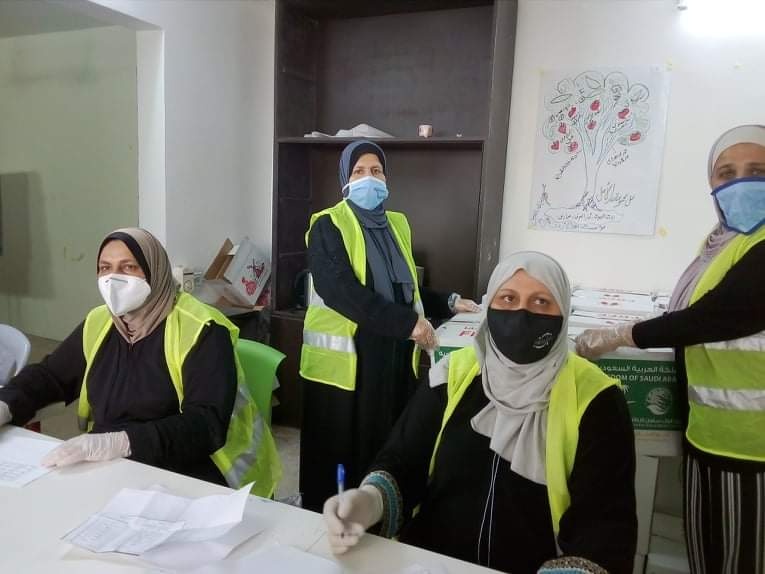Our region has been affected by a succession of crises, the most recent being the Covid-19 pandemic, with all demonstrating that women are the most affected, including by the ensuing social and economic violence. Most often, women lack the opportunity to get educated, and to secure a decent livelihood and income, and end up having to carry extra burdens.
According to the Arab Renaissance for Democracy and Development (ARDD) report “Jordanian Women in the Context of Conflict Prevention and Resolution
· Only 10% responded positively when asked if living conditions enable women to realize their ambitions in life.
· 81% said they struggle with unemployment.
· 83% think that the society considers them emotional and weak.
Despite the adversities, women are vital to the protection of their families, but also to addressing crises, and if their capabilities are not fully taken advantage of, society as a whole stands to lose, ARDD believes. Not capitalizing on women’s potentials, by depriving them of the possibility to grow and progress means wasting an opportunity to create a critical mass of women and men that can contribute to maintaining social peace and eliminating violence and extremism. Women still face legislative, structural and societal discrimination and that limits their ability to work toward finding ways to limit the repercussions of crises, on themselves and society at large.
ARDD calls for raising our voices that it is time to work together to address the roots of extremism, violence and conflict in the region. Women leadership must be brought into focus, whether in community-based projects, aid response or regarding long-term development goals, and the absence of justice and equal opportunities for different groups within the society must be pointed out. The state’s vital role in preserving security and peace can only be strengthened if women and youth are empowered to engage in the different efforts toward that end, to facilitate media’s work to replace hate speech and dismissive discourses with objective, awareness-raising, dialogues, and if freedom of speech for all, especially the youth, is guaranteed. To prevent violent extremism and ensure the stability and security of the community, a comprehensive approach of engaging women and youth must be adopted, buttressed by media, legislators, government and civil society. Extremism and violence undermine the collective work toward ensuring familial stability and community security; the spread of extremism and violence during a crisis weakens the efforts to achieve sustainable development and uphold the rule of law.
ARDD CEO Samar Muhareb, said: “Civil society must stand by governments and authorities in combating violent extremism and collaborate to address their causes, to prevent them, and take part in planning and policy-making processes. Each of us has a role to strengthen our community and attain peace in our homes, schools and the streets.”
The “16 Days of Activism Against Gender-Based Violence” campaign is launched on 25 November, the International Day for the Elimination of Violence against Women, and ends on 10 December, Human Rights Day. ARDD takes part with a number of events, coordinated with the Jordanian National Commission for Women, United Nations (SGBV SWG) working group, International Institute for Nonviolent Action, United Nations Development Programme, UN Women and partners from the Jordanian National NGOs Forum (JONAF).
Women’s participation in the response to crises and peace making has clear and considerable impact. Each member of the society needs to contribute toward attaining justice and eradicating poverty in our communities, and toward limiting conflict, wars, violence and extremism. We invite you to join us before it is too late, to call for women’s active participation in the renaissance of our communities.


